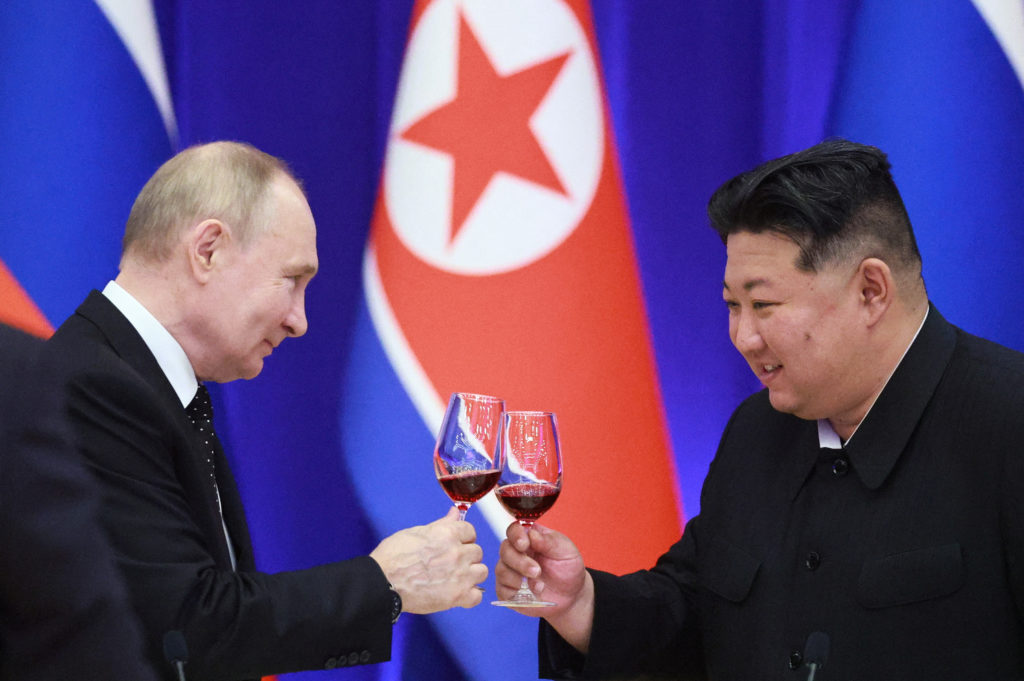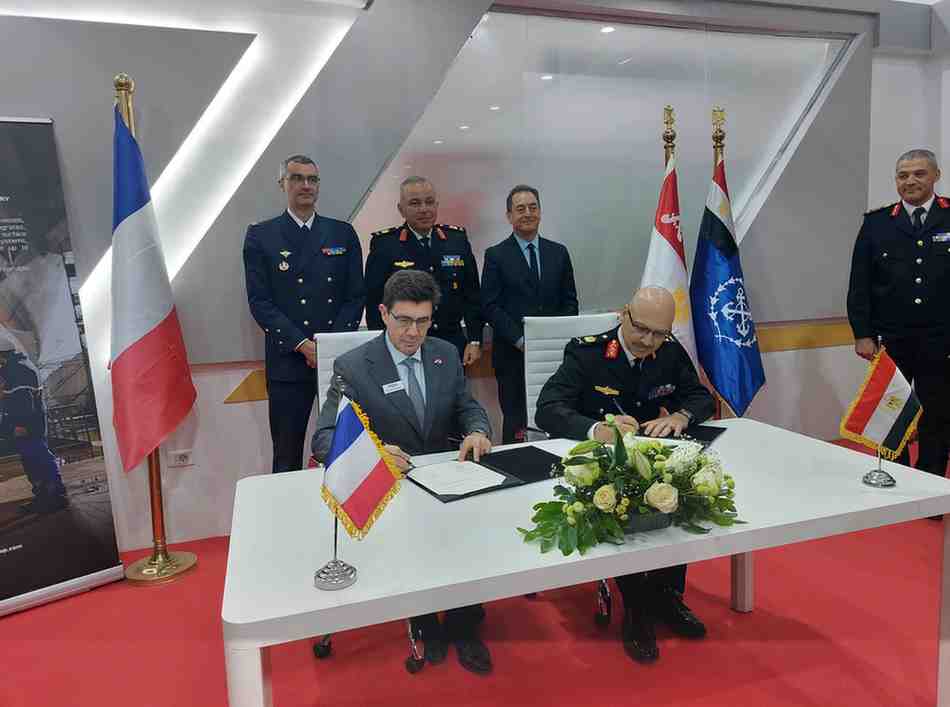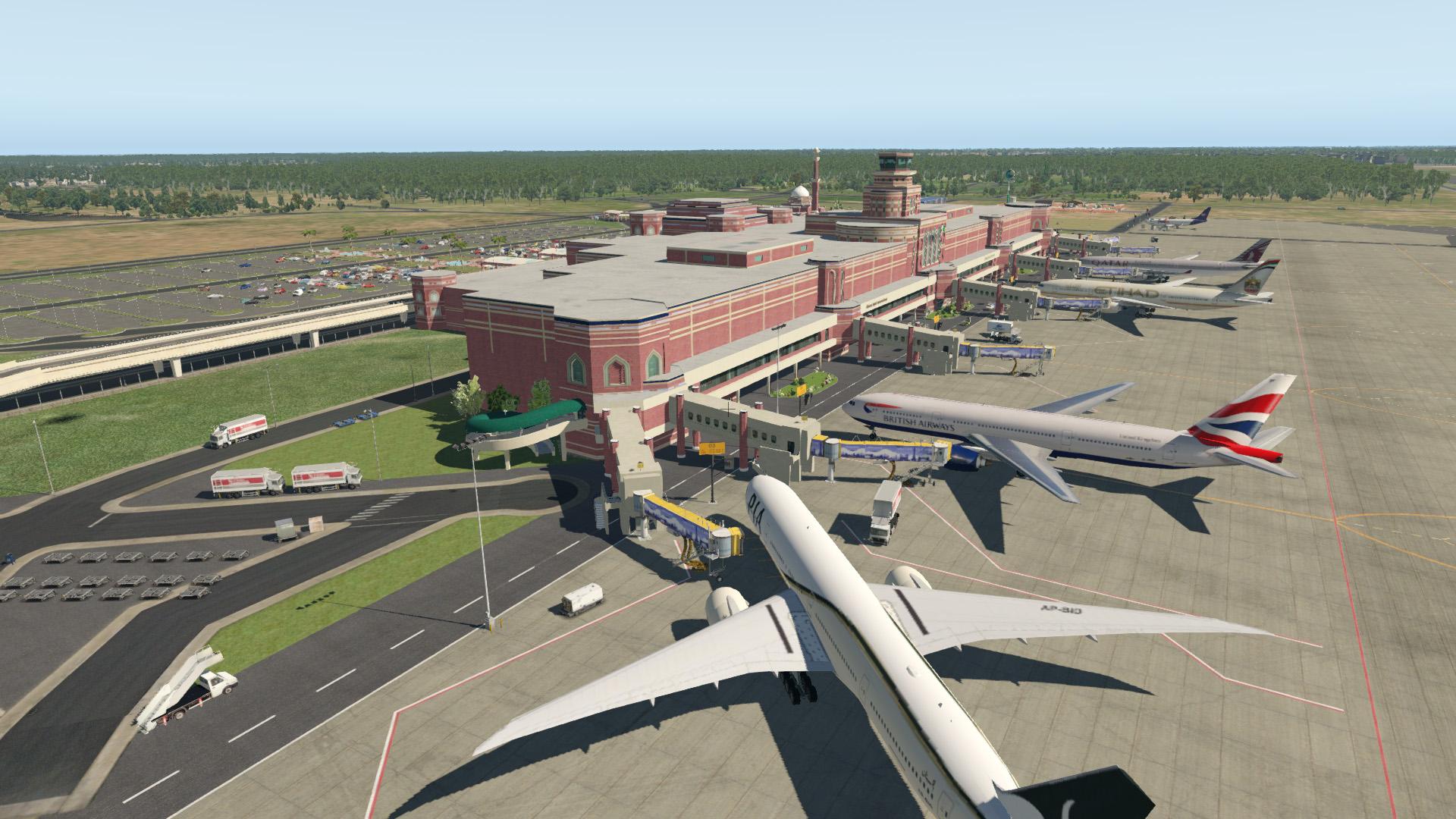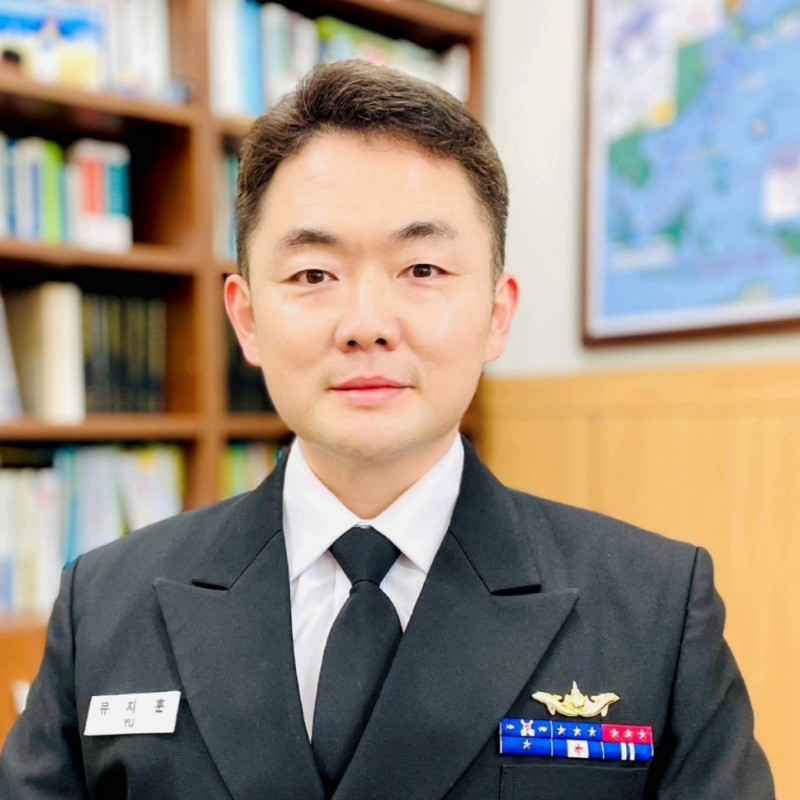The global security landscape is increasingly defined by complex alliances, shifting power balances, and regional rivalries that extend across borders. The Euro-Atlantic and Indo-Pacific regions are experiencing a convergence of security concerns as new alliances disrupt the established order and alter strategic priorities. In this context, the growing military collaboration between Russia and North Korea—including North Korea’s recent reports of sending troops to support Russia’s operations in Ukraine—has introduced a fresh dimension to international security, reflecting a significant shift in global alignments. This development is not isolated; rather, it amplifies the interconnected nature of these regions, signaling the need for greater coordination between Western allies and Indo-Pacific countries.
Russia’s military relationship with North Korea is born out of necessity and mutual benefit. Isolated by Western sanctions and facing a prolonged conflict in Ukraine, Russia has turned to North Korea as a strategic partner capable of providing critical military supplies and even personnel. For North Korea, this partnership presents an opportunity to acquire advanced weapons technology, expertise, and potential international legitimacy. Together, these two states represent a new axis of power, one that poses profound risks for global security as their cooperation challenges the established norms of regional stability and nuclear non-proliferation.
The implications for Euro-Atlantic security are profound. By securing munitions, military support, and now reported personnel reinforcements from North Korea, Russia can potentially prolong its campaign in Ukraine, posing a sustained threat to NATO and the cohesion of the Euro-Atlantic alliance. European countries and the U.S. have invested substantial resources in supporting Ukraine, and a prolonged conflict demands even greater commitment. The need for sustained support may strain resources and test unity within NATO, as member states confront rising costs and diverging interests. A prolonged conflict also exposes vulnerabilities within the Euro-Atlantic military-industrial complex, which may struggle to meet the ongoing demand for munitions, weaponry, and technological innovation necessary to counterbalance Russia’s extended war effort.
In the Indo-Pacific, the Russia-North Korea relationship compounds existing security challenges. For countries like South Korea and Japan, the possibility that North Korea could receive advanced Russian weaponry, including missile technology, represents a severe threat. These nations may feel compelled to respond with their own military build-up, potentially triggering an arms race in a region already fraught with tension. The United States, with strategic interests in both the Euro-Atlantic and Indo-Pacific regions, finds itself in a challenging position. Its resources and focus are stretched across continents, managing Russian aggression in Europe while addressing China’s rising influence in Asia.
China’s position in this evolving dynamic is crucial. With a closer Russia-North Korea alliance, China may feel emboldened in its ambitions in the South China Sea and its approach to Taiwan, potentially capitalizing on the divided attention of the U.S. and its allies. This further complicates diplomatic efforts in the Indo-Pacific, where regional stability depends on a delicate balance of power and influence. Russia and North Korea’s growing ties may push Indo-Pacific nations, already wary of Beijing’s power, closer to the United States and its allies, prompting new defense partnerships and shifting the regional power dynamic.
The interconnected security concerns between the Euro-Atlantic and Indo-Pacific regions highlight the need for a unified response. Enhanced diplomatic efforts between NATO and Indo-Pacific nations could counterbalance the Russia-North Korea alignment. Initiatives such as closer collaboration between the Quad (the U.S., Japan, Australia, and India) and Euro-Atlantic allies may bolster intelligence-sharing and create a stronger front against potential threats. Additionally, reinforcing defense partnerships and exploring opportunities for joint military exercises would strengthen deterrence in both regions. NATO and Indo-Pacific coalitions like the Quad and AUKUS (Australia, the U.K., and the U.S.) could explore new forms of cooperation, including cyber warfare and missile defense strategies, that support regional security.
Coordinated sanctions represent another vital measure. Working alongside Indo-Pacific allies, Euro-Atlantic nations could enact targeted economic measures to disrupt Russia and North Korea’s military cooperation. These sanctions would restrict North Korea’s access to foreign currency and technological imports while also deterring any entities that enable military collaboration. Such an approach underscores the importance of addressing security challenges with a global outlook, recognizing the shared vulnerabilities in both regions.
Ultimately, the Russia-North Korea military partnership—including reported North Korean troop deployments to Ukraine—underscores the interconnected nature of modern security concerns. The alignment of these two nations serves as a reminder that stability in the Euro-Atlantic and Indo-Pacific regions is not mutually exclusive; developments in one region inevitably influence the other. The United States and its allies must adopt a comprehensive strategy that bridges these regions, fostering initiatives that address their intertwined security needs. A collaborative and cohesive response is essential for countering the influence of authoritarian regimes, preserving stability, and safeguarding shared interests in a world marked by increasing geopolitical complexity.

Jihoon Yu
Jihoon Yu is the director of external cooperation and associate research fellow at the Korea Institute for Defense Analyses. Jihoon was the member of Task Force for South Korea’s light aircraft carrier project and Jangbogo-III submarine project. He is the main author of the ROK Navy’s Navy Vision 2045. His area of expertise includes the ROK-U.S. alliance, the ROK-Europe security cooperation, inter-Korean relations, national security, maritime security, hybrid-threats, and strategic weapons systems. He earned his MA in National Security Affairs from the U.S. Naval Postgraduate School and Ph.D. in Political Science from Syracuse University.
- Jihoon Yu#molongui-disabled-link
- Jihoon Yu#molongui-disabled-link
- Jihoon Yu#molongui-disabled-link
- Jihoon Yu#molongui-disabled-link













